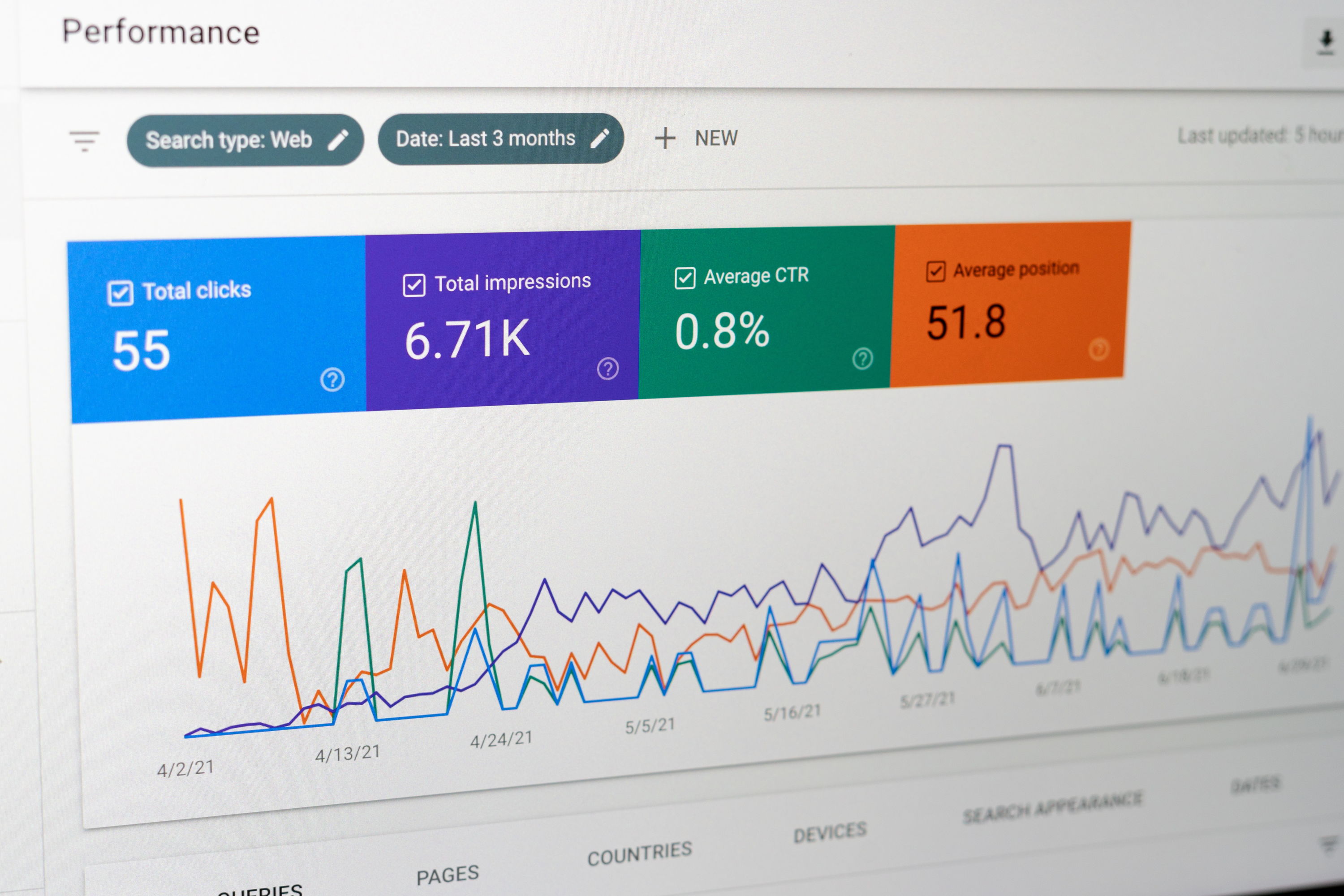
Google Analytics 4 and why Europe is looking to alternatives for measurement
Meet the privacy-centric underdogs standing up to Google’s Goliath
As privacy-conscious countries cancel Google, we seek out the good-guy alternatives for your analytics.
Italy has become the latest in a slew of European countries to ban the use of Google Analytics. It joins Austria, France and Holland in holding the tech giant to account amid criticisms surrounding data privacy and mass surveillance.
This isn’t exactly new news.
We’ve all become accustomed with living under surveillance. We understand that when we interact with technology, someone, somewhere is always watching. That our seemingly mundane data is being collected and traded for unconscionable amounts of money by businesses and politicians who have their own interests at heart.
Marko Saric, the co-founder of Plausible Analytics – the David to Google’s Goliath – puts it this way:
We have a vast industry specifically designed to take our data and turn it into a product they sell to the highest bidder. They gather personal information about us, follow us, and target us around the web to influence our behavior.
The good news is that awareness about these practices is increasing, and the number of alternative services is growing.
– Marko Saric, Plausible
In Europe, the introduction of the GDPR turned a spotlight onto how rife the commoditization of personal data within our digitized world has become (and, yes, introduced the infernal cookie banner – testament that noble ends don’t always justify the means).
Before the GDPR, this was done without our permission and without us even knowing what was going on in the background as we browsed the web, read the news, or interacted with our families.
But revelations such as those made by Edward Snowden and the Cambridge Analytica scandal have collapsed any sense of naivety; we’re all well aware of the seedy data underbelly that permeates big tech.

And despite its early mantra of “don’t be evil”, Google hasn’t come out squeaky clean.
In 2020, an Australian watchdog accused Google of misleading millions of users about the collection and use of their private data. In 2018, Google encountered a bug that exposed data from 52.5 million Google+ accounts; the same year people discovered that Chrome habitually rifles through your computer's documents in the name of security. The list goes on.
No wonder countries are starting to put their foot down on how much they’re willing to feed the tech giant, with Europe and the European Parliament leading the charge (in part, perhaps, due to being left red-faced after inadvertently floundering their own privacy regulations thanks to – you guessed it – Google Analytics).
The fallout for Google has been disastrous.
As well as resulting in a mass exodus of organizations within Italy, Austria, France and Holland, the bans on using Google Analytics portend of more widespread changes to come. Any company looking to do business in Europe is beginning to rethink its analytics setup; more and more websites are starting to block Google Analytics from trawling their traffic, resulting in a clear vacuum where visitor numbers should be.
That means bad data.
Investigations show that the data you see in Google Analytics could fall as much as 26% short of your actual website traffic.
Tell me that wouldn’t have been helpful to know at your last marketing meeting.
The main criticism coming out of Europe is that Google Analytics is, well, illegal as far as the EU is concerned.
Google Analytics gathers heaps of personal data on each one of us every time we browse the web, and then transfers that data to the US. That data includes things like the IP address of your device, the time and date of your online activity, your browser information and so on.
Your data is transferred without the privacy measures required to meet the EU legal standard, thus directly violating the GDPR.
And as this process is governed by US law, Google is obligated to disclose data to US intelligence services when requested – that includes information on European citizens. As you might imagine, this doesn’t sit well with the EU.
It’s almost impossible to run Google Analytics legally according to the EU, and any legal framework around this is still very far away.
– Funmi Sobodu, Coast Digital
With Google Analytics 4 comes improved privacy and more nuanced control over what data companies collect (or omit). It’s built to take into account many of the criticisms levered against the current Google Analytics, and certainly makes some strides towards becoming a more secure product.
Some of the key changes introduced with the new software are that GA4:
- Will not store IP addresses
- Will make it possible to choose whether or not data is linked with Google accounts
- Will allow greater configuration of whether/how geo and device data is collected
- Will process data collected from end devices within the EU on servers in the EU
While these are steps in the right direction, the waters around GA4’s full EU compliancy remain muddy.
Though it markets itself as being “privacy-centric”, in truth, a number of other features would need to be switched off for GA4 to fully comply with EU standards, meaning that many of Google’s current subscribers are likely to jump ship to one of the many smaller, pro-privacy alternatives that are on the market.
Google analytics 4 isn’t just an update of your regular GA dashboard – it’s a whole new piece of software. To use it, you will have to migrate your entire analytics setup.
And once you’ve onboarded, it’s not going to be the same Google Analytics dashboard that we all know and tolerate. It’s a brand new tool with different functionality that you’re going to have to spend time relearning.
Not only are they asking you to lose your historical data by switching, but they also want you to adapt to a product that no longer has analytics as we know them as its primary purpose.
Seems like a good time to consider whether Google Analytics 4 does what you need and whether an alternative could provide a better solution for your needs.
– Marko Saric, Plausible
So whether you decide to stick or twist, you will need to invest time collating your historical data and moving your entire analytics configuration from one place to another by the summer of 2023.
Let me reiterate that: whether you choose to go with GA4 or a completely different analytics provider, the amount of work you’ll have to put in will be the same.
That’s why so many businesses are taking this opportunity to see what better solutions are available in the market.
To find your analytics match made in heaven, check out our roundup of the best analytics tools to measure your PR efforts.
As of September 2022, Plausible’s reporting tool became available for reporting within Prezly. This allows you to see data on how many people are viewing your published Prezly content through a built-in analytics dashboard. More about your analytics dashboard →



